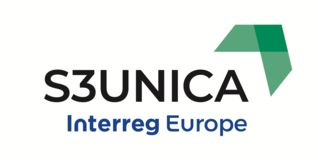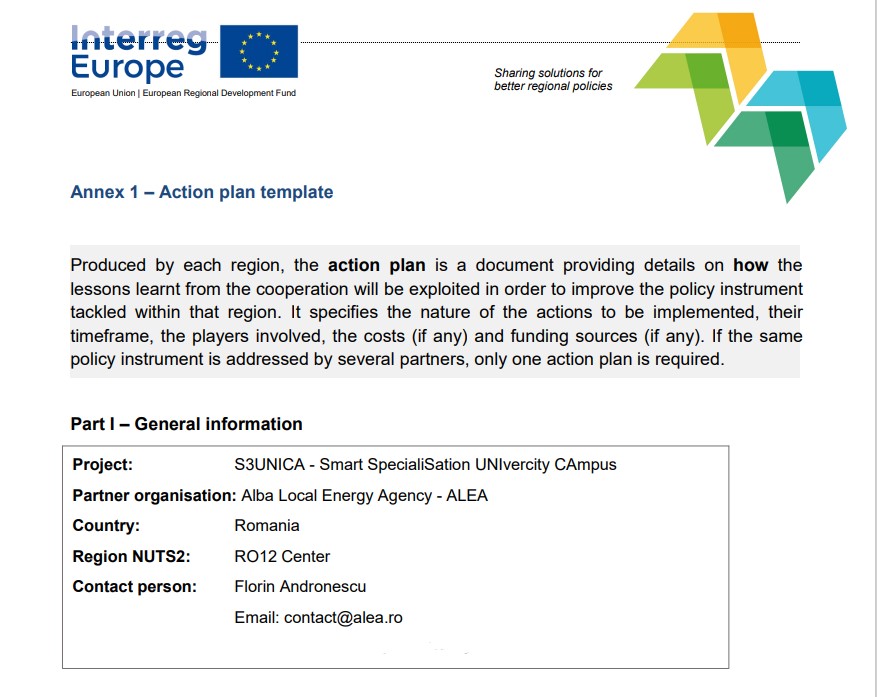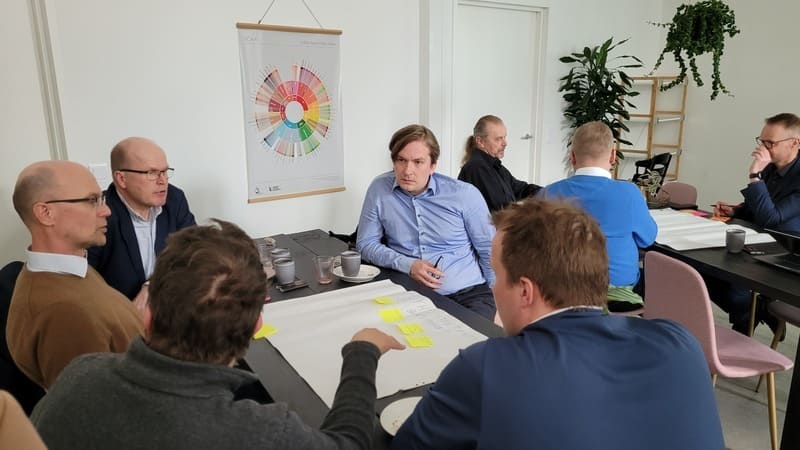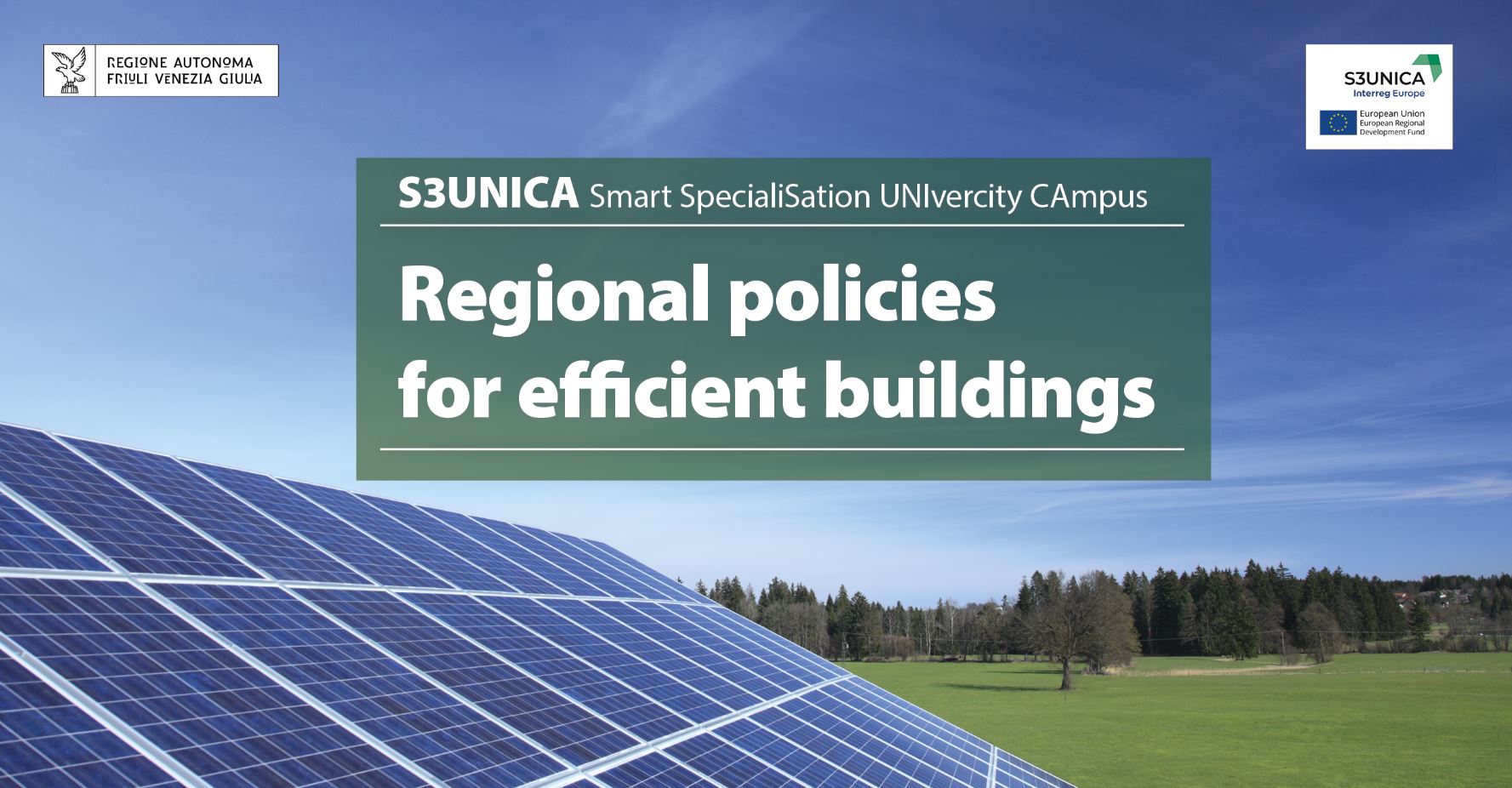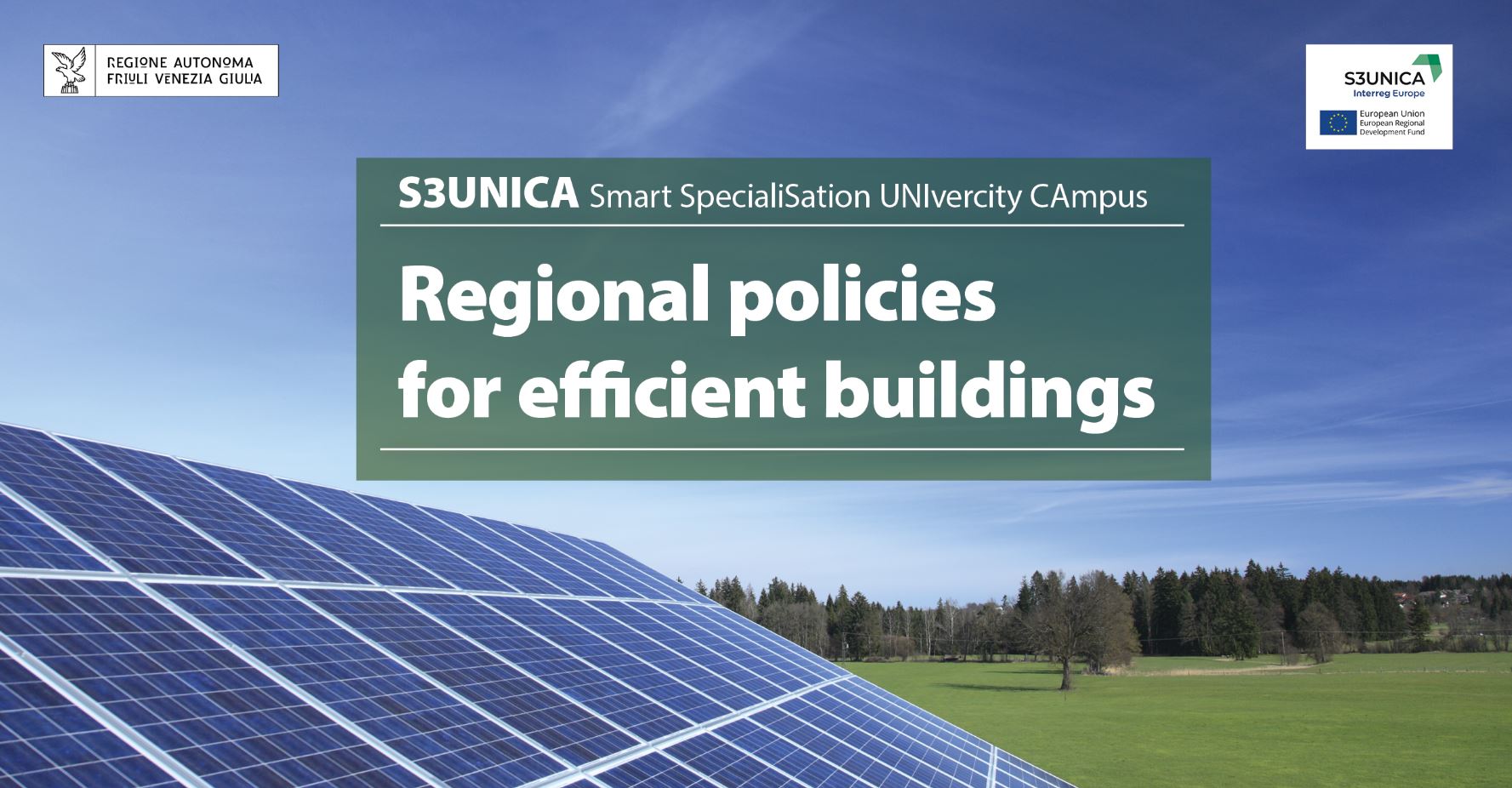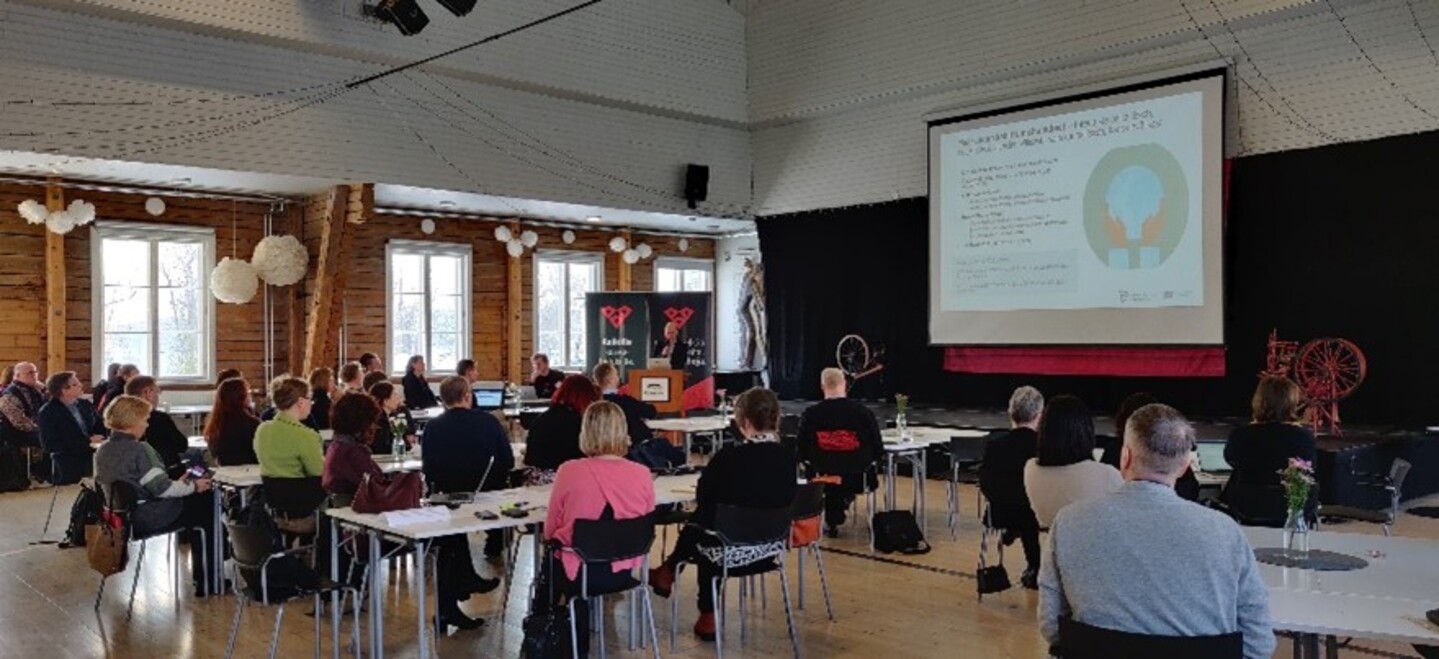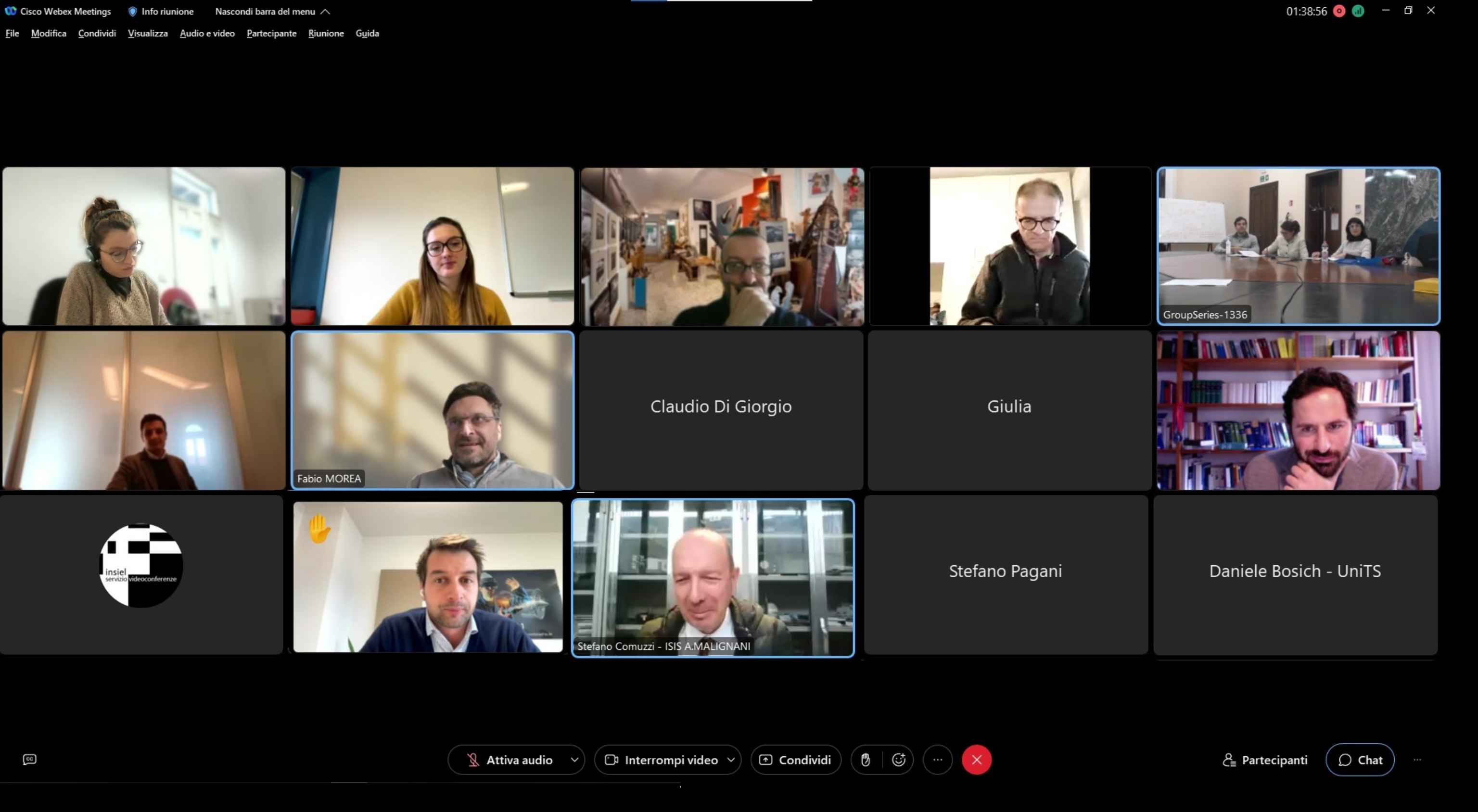Due to COVID-19 restrictions, the Alba Local Energy Agency (Romania) held its stakeholder meeting on Microsoft Teams platform, but despite the distance all the participants have been actively involved.
The workshop had 2 main goals: namely the presentation of the best practice cases in energy efficiency in the Romanian Universities and the presentation of the final form of the self-assessment questionnaire developed by S3UNICA partners to the university stakeholders, offering them first hand support in its completion.
As regard the best practice case presentation, firstly the Technical University of Cluj Napoca presented the ”Demand Response and other innovative solutions implemented at Technical University of Cluj-Napoca”, that underlined a successfully implementation of ”Demand Response in blocks of buildings” Horizon 2020 project at the Technical University of Cluj-Napoca, one of the project’s pilot sites. An energy management system was implemented in order to achieve significant energy savings and CO2 reduction in the TUCN’s buildings, demonstrating the economic and environmental benefit of demand response in blocks of buildings.

Later the University Valahia of Târgoviște presented the HVACR (Heating, ventilation, and air conditioning) integrated Control System with weather compensation and Solar Thermal input, describing the results achieved as well as the problems and challenges that were identified during implementation.
The other main point of the meeting was the analysis of the stakeholder self-assessment tool, designed to identify strengths and weaknesses encountered regarding energy efficiency on University campuses buildings and infrastructures throughout the innovation cycle and also those related to the policy framework and technical and financial performance.
At the end of the meeting, all the participants agreed on:
- the need of collaboration between universities to find solutions for the common difficulties they face in developing sustainable energy related projects;
- lack of availability of funding sources in energy efficiency works in university buildings;
- necessity of founding innovative tested and proven solutions;
- full availability of all stakeholders for future exchanges of experience within the framework of S3UNICA;
- S3UNICA activities themselves.
